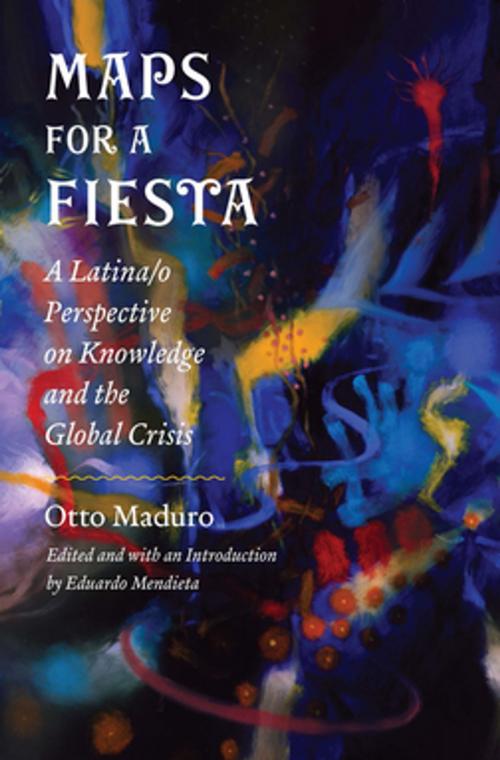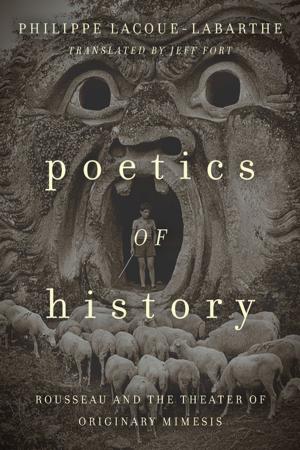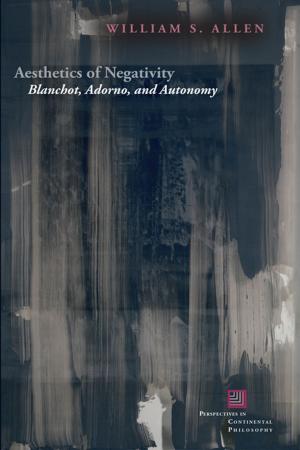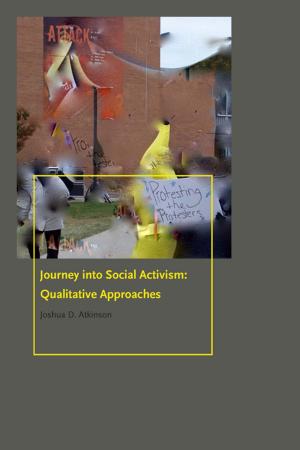Maps for a Fiesta
A Latina/o Perspective on Knowledge and the Global Crisis
Nonfiction, Religion & Spirituality, Christianity, General Christianity, Theology| Author: | Otto Maduro | ISBN: | 9780823263066 |
| Publisher: | Fordham University Press | Publication: | April 1, 2015 |
| Imprint: | Fordham University Press | Language: | English |
| Author: | Otto Maduro |
| ISBN: | 9780823263066 |
| Publisher: | Fordham University Press |
| Publication: | April 1, 2015 |
| Imprint: | Fordham University Press |
| Language: | English |
What can theology offer in the context of neoliberalism, globalization, growing inequality, and an ever more ecologically precarious planet that disproportionately affects the poor? This book, by one of the country’s best-known Latino theologians, explores possibilities for liberation from the forces that would impose certain forms of knowledge on our social world to manipulate our experience of identity, power, and justice.
Beautifully written in a refreshingly direct and accessible prose, Maduro’s book is nevertheless built upon subtly articulated critiques and insights. But to write a conventional academic tractatus would have run counter to Maduro’s project, which is built on his argument that ignorance is masked in the language of expertise, while true knowledge is dismissed because it is sometimes articulated in pedestrian language by those who produce it through the praxis of solidarity and struggle for social justice.
With a generosity and receptivity to his readers reminiscent of letters between old friends, and with the pointed but questioning wisdom of a teller of parables, Maduro has woven together a twenty-first-century reply to Marx’s “Theses on Feuerbach.” Neither conventional monograph nor memoir, neither a theological nor a political tract, but with elements of all of these, Maps for a Fiesta arrives as Maduro’s philosophical and theological testament—one that celebrates the knowledge-work and justice-making of the poor.
What Maduro offers here is a profound meditation on the relationship between knowledge and justice that could be read as a manifesto against the putatively unknowable world that capitalist chaos has made, in favor of a world that is known by the measure of its collective justice. His fiesta grants us the joy that nourishes us in our struggles, just as knowledge gives us the tools to build a more just society. What Maduro offers is nothing less than an epistemology of liberation.
What can theology offer in the context of neoliberalism, globalization, growing inequality, and an ever more ecologically precarious planet that disproportionately affects the poor? This book, by one of the country’s best-known Latino theologians, explores possibilities for liberation from the forces that would impose certain forms of knowledge on our social world to manipulate our experience of identity, power, and justice.
Beautifully written in a refreshingly direct and accessible prose, Maduro’s book is nevertheless built upon subtly articulated critiques and insights. But to write a conventional academic tractatus would have run counter to Maduro’s project, which is built on his argument that ignorance is masked in the language of expertise, while true knowledge is dismissed because it is sometimes articulated in pedestrian language by those who produce it through the praxis of solidarity and struggle for social justice.
With a generosity and receptivity to his readers reminiscent of letters between old friends, and with the pointed but questioning wisdom of a teller of parables, Maduro has woven together a twenty-first-century reply to Marx’s “Theses on Feuerbach.” Neither conventional monograph nor memoir, neither a theological nor a political tract, but with elements of all of these, Maps for a Fiesta arrives as Maduro’s philosophical and theological testament—one that celebrates the knowledge-work and justice-making of the poor.
What Maduro offers here is a profound meditation on the relationship between knowledge and justice that could be read as a manifesto against the putatively unknowable world that capitalist chaos has made, in favor of a world that is known by the measure of its collective justice. His fiesta grants us the joy that nourishes us in our struggles, just as knowledge gives us the tools to build a more just society. What Maduro offers is nothing less than an epistemology of liberation.















